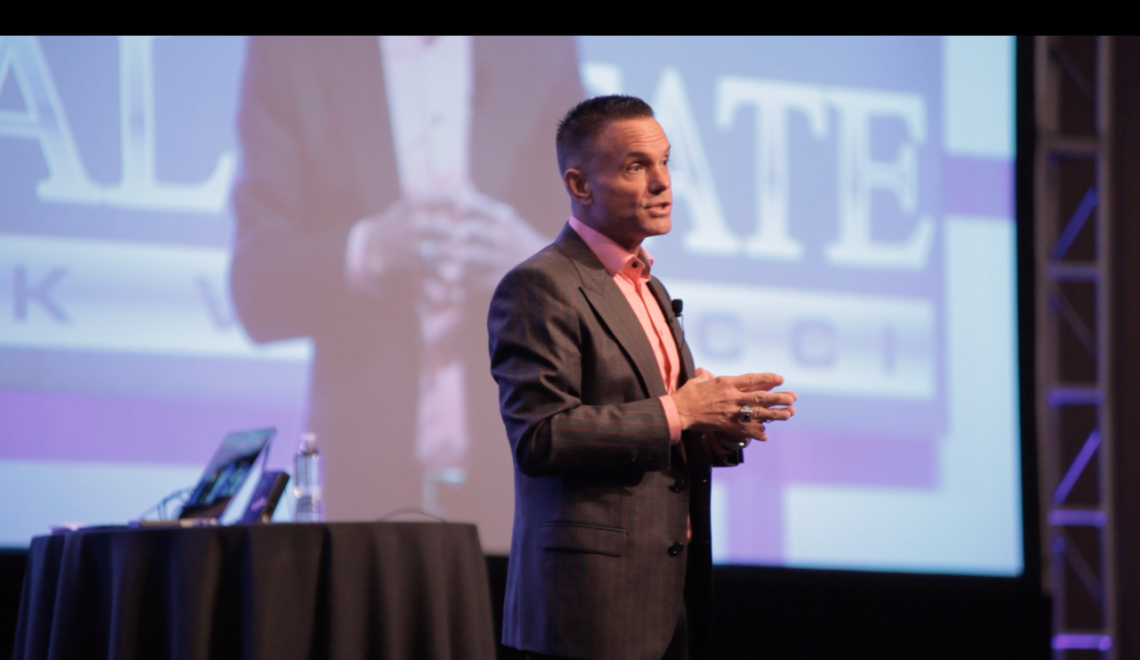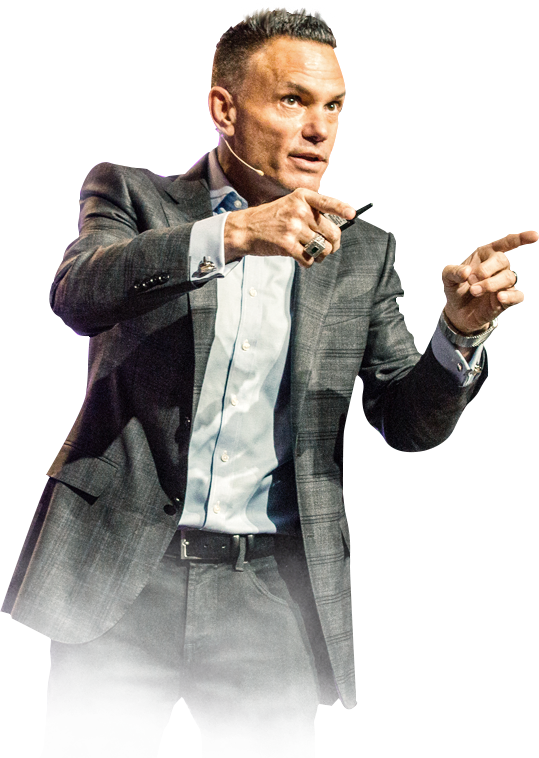
Business publications are crammed with one amazing success story after another. But just about every entrepreneur will admit that the secret to his or her success very well may have come from a failure or two.
Yes, even a shark like me has made a misstep or two along the way to business success.
One of the most valuable lessons I have learned is that you need to test new products before investing in them. It’s the best way to gauge how successful they will be.
Launching products without testing is often a costly mistake. On average, it takes 3-6 months to build and refine a product and then a quarter of a million dollars to produce it. The main lesson here is don’t move too fast before expanding products and putting them onto store shelves. These days we want expert feedback, and we want to check out all aspects of the product.
 Forbes.com tells the tale of Steve Blank, the Silicon Valley serial entrepreneur and academician who is recognized for developing the “Customer Development” methodology of entrepreneurship. After Blank launched his Lean Startup movement more than 19 years ago, he appeared on the cover ofWired magazine. Blank’s company, Rocket Science Games, was expected to revolutionize the videogame industry.
Forbes.com tells the tale of Steve Blank, the Silicon Valley serial entrepreneur and academician who is recognized for developing the “Customer Development” methodology of entrepreneurship. After Blank launched his Lean Startup movement more than 19 years ago, he appeared on the cover ofWired magazine. Blank’s company, Rocket Science Games, was expected to revolutionize the videogame industry.
“I thought I was a genius,” Blank said.
It wasn’t long before Blank was forced to admit he was poised to lose $35 million in investor funding.
“I had lots of choices, including that I could have quit,” Blank said. “Learning from that failure for me was one of the best experiences of my life.”
Using what failure had taught him, Blank rebounded to launch the E.piphany startup. This time around he earned $1 BILLION for each of his investors.
Recommended by ForbesGrads of LifeVoice:From The Streets To A Suit And Tie At Harvard Business School
What separates a smashing success from a crashing failure? Attention to the details – and that often means the details that led to a previous failure. Failure to learn from your failures is unacceptable if you have any hope of appearing on a magazine cover with the word “SUCCESS” linked to your venture.
Here is a business mistake I saw time and again while appearing on the ABC TV show Shark Tank.
I can’t tell you how many times entrepreneurs would come in asking for money and the moment I would ask them what they were going to use the money for, they’d recite a laundry list of things. But more often than not they’d leave out a few extremely important elements – things like marketing and advertising.
A budding entrepreneur needs to know how much capital it takes to properly roll out a product. Many bright individuals decide they can successfully launch a product with a $50,000 investment. Often, they think marketing will take care of itself: their product is so good, news of its existence will surely go viral, and orders will roll in. The reality is they’re going to need well over $1,000,000 to do the job right and give the product a proper chance for success.
Entrepreneurs need to think things through. They need to know who they are going to work with, who they’ll get to implement their idea, and what experts can help guide them. I’ve found that many of those experts are members of The Failure Club. The mistakes they’ve made in the past are what forged their future success – and it’s that same failure that can help them navigate a newbie through the rapids that have capsized many a dream.
“I’ve never heard [a millionaire entrepreneur] say they hit it right the first time out,” said business consultant Steve Siebold, author of How Rich People Think. “The bigger they are, the more they’ve typically failed.”
A few common mistakes that I’ve seen lead to failure:
- A poor price point. The consumer has to feel like he or she is getting a tremendous deal!
- An unpracticed or perfected pitch. Ask any baseball pitcher about what happens when they serve up a bad pitch.
- No downtime. It is very important to take a day off. You can only keep the pace up for so long before you burn out.
- Going it alone! A major mistake a fledgling entrepreneur tends to make is attempting to do everything without outsourcing anything. Enlist help so you can focus on the more strategic parts of your business.
So, do entrepreneurs learn from failure? Of course they do – if they want to become business successes.
If you ever have the chance to corner a serial entrepreneur—that guy or gal who has started at least two successful ventures successful—ask them about the ones that went awry… the blaze of glory that sputtered from the get-go… the rocket to fame that never got off the launch pad.
We’ve all had things gone wrong. We’ve lost time. We’ve lost money. But we never lost our passion or drive for success.
When things don’t turn out as planned, step back and ask yourself “why?” – then get back in the game armed with your newfound knowledge. As Winston Churchill once said, “Success is the ability to go from failure to failure without losing your enthusiasm.”
The formula for success is simple: Do. Learn. Do again – but this time without the same missteps.



